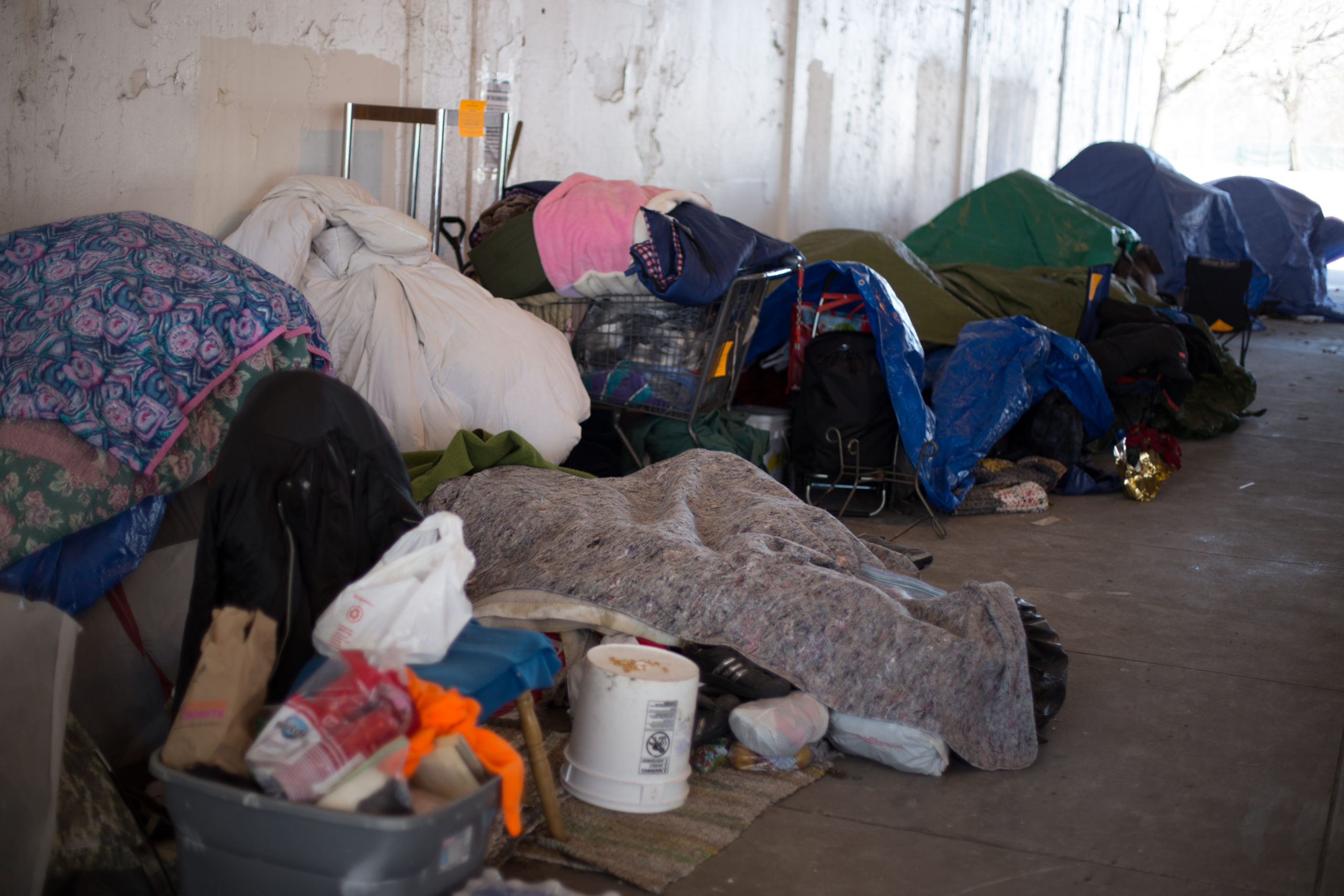Posted on December 16, 2020 View all news
The COVID-19 pandemic is shining a light on chasms in the foundation of American life. For some time, women have been working hard to shatter the glass ceiling and make up ground lost to the burden of gender roles. Unfortunately, as the pandemic rages on, the progress won is being lost.
Women are more likely to act as caretakers. Whether in career, at home, or both, the effects of social distancing are being felt by women all across the country.
With more schools leaning on virtual learning, women are more likely than men to cut back hours to meet the needs at home; and because of the gender wage gap, it makes more sense for women to make the financial sacrifice than their male counterparts.
Women of color, particularly Black and Latinx women, face even more acute challenges. Black women tend to carry even more household responsibility on their own, while Latinx women work in greater proportions in industries like hospitality.
Women have been working for ages to be afforded the same opportunities as men in the workforce, but as we look to the future, some fear that progress will be erased. As Ariane Hegewisch said, “The real danger at the moment is that people are starting to associate women with childcare more strongly than before.”
The looming threat of evictions imposed by the COVID-19 pandemic puts 30-40 million Americans at risk of homelessness.
Due to the gender wage gap, women are among the most vulnerable to eviction, as they consistently earn less than their male counterparts. Additionally, Black women and women of color are at a greater risk of eviction, while also making less than their white counterparts.
For many, eviction and domestic violence go hand in hand. Women like Sarah’s Circle client, Elizabeth, have faced eviction due to domestic disturbances enacted by a former spouse or partner. Elizabeth’s abuser appeared at her home repeatedly, harassing and threatening her and her neighbors, which resulted in her homelessness.
“My ex-husband started stalking me, so I moved to Chicago. I found an apartment, but his stalking got so bad that I couldn’t keep my home, was evicted, and became homeless.” – Elizabeth, Sarah’s Circle client
As Elizabeth quickly learned, once evicted, it can prove highly difficult to rebound and find adequate housing, and also maintain one’s health. Not only can an eviction notice follow a tenant, but according to Shelter Force, housing instability and homelessness lead to higher rates of anxiety, depression, substance abuse, suicide, and higher utilization of emergency room services.
Evictions can stay on your record and if unpaid rent is sent to collections, it can affect your credit score, making finding housing increasingly more difficult.
The state of the United States points to sweeping evictions, as many households will face backlogs of unpaid rent. Almost 40% of American adults can’t afford a $400 emergency, let alone making up months of rent as we emerge from a crippling pandemic.

